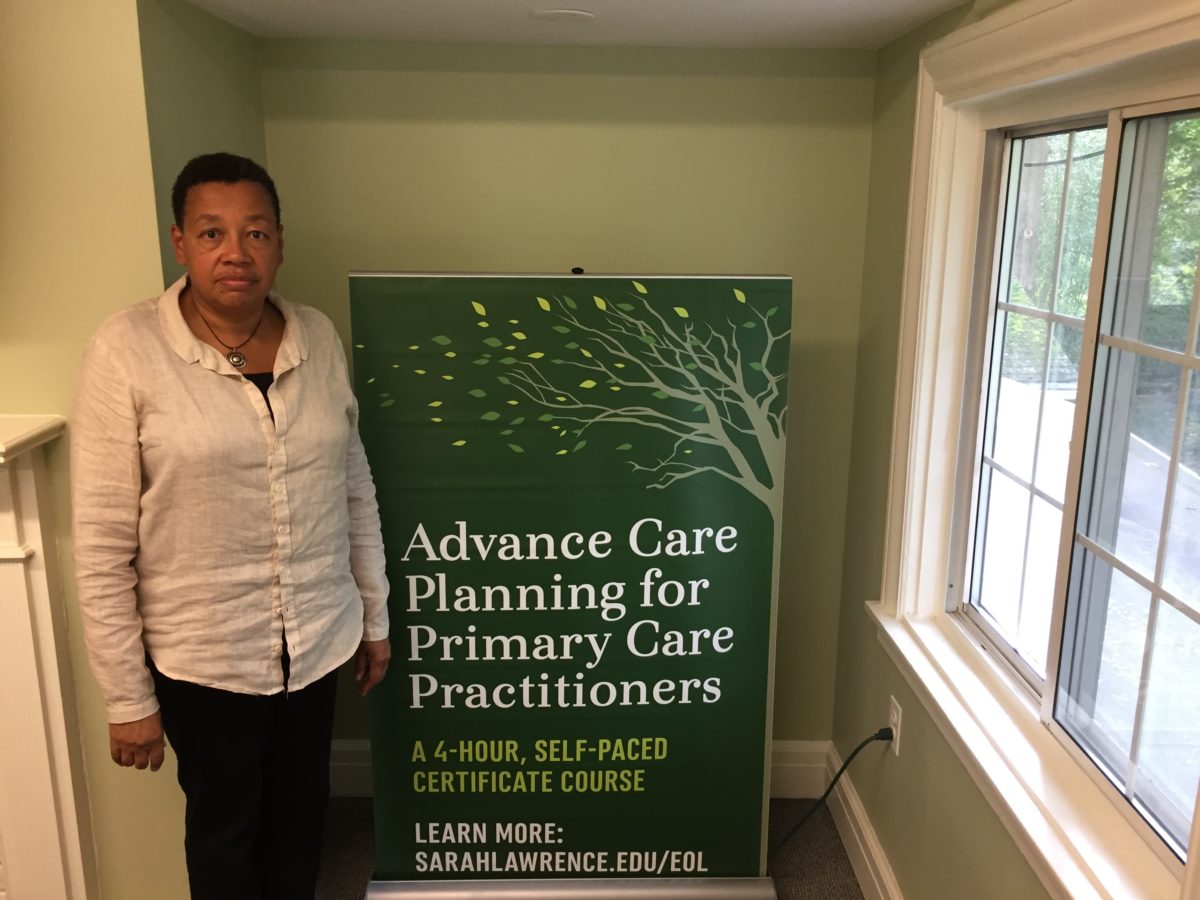Known in rave culture and the club circuit as “Special K,” the generic drug ketamine is gaining ground in New York state and across the country toward becoming a legitimate option for patients with chronic depression.
Commonly used to induce anesthesia prior to surgery, ketamine has been shown to relieve the symptoms of depression in patients who suffer from the disorder. Alan Young, a practicing anesthesiologist since 1983 who was on staff for more than three decades at White Plains Hospital, is among the few physicians in the area offering patients the drug at his practice, Ketamine Westchester in Harrison.
“Severe depression is just very debilitating,” Young said. “These people just can”™t function. Students can”™t study. People can”™t work; they lose their jobs. It”™s terrible.”
Ketamine Westchester”™s patients, who must provide documentation of their medical condition from a doctor, undergo six 40-minute ketamine treatments over a period of two weeks. While oral antidepressants can take weeks or months to take effect, with a ketamine infusion, symptoms begin to dissipate within a few hours. Results can last from between a few weeks to a few months. Once symptoms begin to reappear, patients return for a “booster” dose of ketamine.
“Depression is a chronic disease. It lasts forever,” Young said. “The truth of the matter is by taking ketamine you don”™t cure depression. You alleviate the symptoms.”
Ketamine”™s use in the treatment of depression began gaining traction around the turn of the century. A study by the National Institute of Mental Health in 2006 discovered that 70 percent of subjects who received ketamine showed significant improvement in depression symptoms. Since then, studies from a number of institutions such as Yale University and Mount Sinai Health System have shown similar findings.
In August, the U.S. Food and Drug Administration granted esketamine, a component of ketamine, its second breakthrough therapy designation. The designation is designed to expedite the development and approval process for drugs that show significant advantages over traditional treatment options. If approved, it would become one of the first new approaches to treat depression in the last 50 years, according to Janssen Research & Development LLC, a pharmaceutical company of Johnson & Johnson, which is conducting trials on esketamine. According to the National Institutes of Health, there are dozens of other ongoing clinical trials regarding the effects of ketamine on treatment-resistant depression.
That research piqued Young”™s interest both because of its effectiveness and because of his extensive history with the drug, a medication the 71-year-old has administered to patients since his training in 1979. So far, he said, the results of the ketamine treatments have been astonishing.
“It”™s something I”™ve never seen before,” he said. “The only thing that comes close in my career is doing epidurals for pregnant women, for women who have terrible labor pain.”
While some patients experience complications with the drug”™s psychoactive qualities, for others, those qualities play a key role in the drug”™s effectiveness.
“For some people, being depressed is such an awful thing that anything that takes them out of themselves ”” even for 40 minutes ”” is wonderful,” he said.
Most patients must pay out of pocket for the therapy. Young charges $450 per session for the ketamine treatments, and because he administers the ketamine “off label” ”” for a purpose other than what it is approved ”” treatment is not typically covered by insurance companies.
Developed in 1962, ketamine is still commonly found in operating rooms today. But because of its ability to produce a dissociative state or “out-of-body” experience, the U.S. Drug Enforcement Administration designated ketamine as a Schedule III controlled substance in 1999.
While there has been no evidence thus far of any addiction resulting from the low-dose treatments Young and other physicians employ, some question the possible long-term effects of the drug.
“(Abusers) use many hundreds of times the dose that I would use here, or use in the operating room, for that matter,” Young said. “We have 40 years of experience with this drug. If there was something really bad that happened to people, we would have seen it by now.”
While Young has treated a handful of patients at his office since its opening in May, he hopes to raise awareness about ketamine”™s effects on people suffering from depression.
“It”™s just so amazing. It gave me a good feeling. (I think), ”˜Wow, look what I”™m doing for these people. I”™m really turning them around,”™” he said. “The problem is, I”™ve got to get them through the door.”
His office at 450 Mamaroneck Ave. is within a complex that also houses Full Circle Women”™s Health, a practice that serves a number of pregnant women, new mothers and their young children, and is a location Young chose deliberately.
“It makes it a pleasant experience, especially for my patients who need all the pleasant they can get,” he said.

















